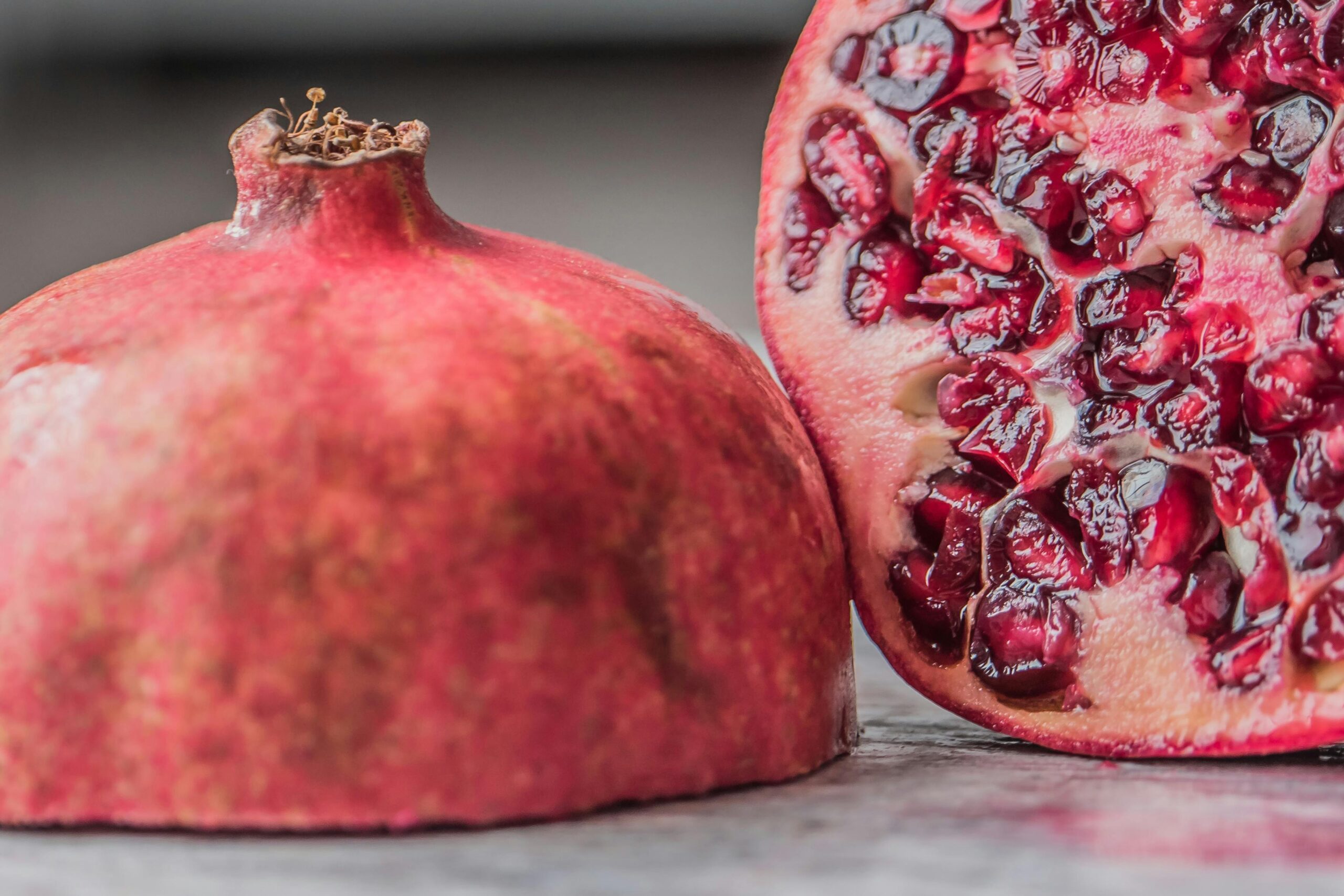


Medically Reviewed By Margaret Etudo. Written By The Vitamins For Woman Team.
For many women with PCOS, the road to symptom relief can feel long and lonely. Here’s one woman’s journey to finally managing her PCOS after years of trial and error, and how you can find what works for you.

PCOS can be overwhelming. Irregular periods, acne, fatigue and unwanted hair growth often feel impossible to control. For years, many women try medication after medication with little success.
This was the reality for one woman who shared her journey online. After nearly a decade of frustration she found a routine that finally made her symptoms manageable. Her story reflects what many of us feel at some point.
The late nights spent worrying about stubborn facial hair, the stress of unpredictable cycles, the self-consciousness that makes social interactions harder. But there is hope. With patience and consistent habits, PCOS can become easier to live with.
Dietary changes are often a first step. Instead of drastic low-carb approaches, she focused on whole foods and reducing processed sugar. High-fiber meals, healthy fats like avocado and olive oil, and lean proteins became staples.
Cutting out late-night eating improved her sleep and skin. Others have found that a low-carb but not extreme ketogenic approach works best, striking a balance between energy and blood sugar stability.
Research supports that balanced eating with controlled carbohydrate intake can improve insulin sensitivity and hormonal balance in PCOS (Palomba et al., 2015). Food prepping and eating at home also made consistency easier.

For years she pushed herself with intense exercise, believing more sweat meant more results. Instead, she found that moderate, consistent activity was key. Long walks, light strength training three times per week and occasional Pilates made her feel energized rather than depleted.
Research suggests that moderate physical activity can improve metabolic and reproductive health markers in women with PCOS (Palomba et al., 2015). Pairing exercise with proper rest—especially 7 to 9 hours of sleep—allowed her body to recover and function better.

Unwanted facial hair was one of her biggest challenges. She started using an at-home IPL device consistently and after a few months saw slower, finer regrowth.
For acne, she simplified her routine to a gentle cleanser, azelaic acid in the morning and adapalene gel at night. Avoiding fragrance and alcohol in products helped reduce irritation.

She also introduced a few evidence-backed supplements. Myo-inositol combined with D-chiro-inositol helped her cycles become more regular over time.
Some women prefer a blend that includes folate and chromium, which can further support insulin regulation and reproductive health. Zinc and vitamin D were also part of her routine because deficiencies in these nutrients are common in PCOS and may impact hormone balance (Unfer et al., 2012).
N-acetylcysteine (NAC) provided additional benefits for her skin and mental clarity, aligning with research that suggests NAC can help improve insulin sensitivity and oxidative stress in PCOS (Kelly et al., 2014).
If you are considering supplements, it’s best to discuss them with your healthcare provider. But many women find options like myo-inositol blends and NAC to be helpful tools alongside diet and exercise.
Perhaps the most transformative piece of her journey was her mindset. Instead of striving for instant perfection, she focused on what felt manageable. This meant small, consistent steps rather than unsustainable overhauls. Over time, the progress added up.
Many women share this experience. When we give ourselves permission to focus on progress instead of perfection, it becomes easier to stick with habits that truly help.
PCOS can be a difficult and isolating condition, but you are not alone. Finding what works for your body takes time and patience, but progress is possible. Balanced nutrition, regular movement, consistent sleep and targeted supplements can all play a role in feeling better.
Always speak to your healthcare provider before starting new supplements or major lifestyle changes. Your path may not look exactly like someone else’s, and that’s okay.
At Vitamins For Woman, we believe every woman deserves tools and support to thrive at every stage of life.
Kelly, C. C., Lyall, H., Petrie, J. R., Gould, G. W., Connell, J. M., & Sattar, N. (2014). Low grade chronic inflammation in women with polycystic ovarian syndrome. The Journal of Clinical Endocrinology & Metabolism, 86(6), 2453-2455. https://pmc.ncbi.nlm.nih.gov/articles/PMC4367484/pdf/nihms-519247.pdf
Palomba, S., et al. (2015). Lifestyle and fertility in women with polycystic ovary syndrome. Clinical Epidemiology, 7, 131-142. https://www.tandfonline.com/doi/pdf/10.2147/CLEP.S37559
Unfer, V., et al. (2012). Inositol effects in women with PCOS: A meta-analysis. F1000Research, 8, 16688. https://pmc.ncbi.nlm.nih.gov/articles/PMC6489978/pdf/f1000research-8-16688.pdf

medically reviewed by margaret etudo, BPharm. written by the vitamins for woman team.